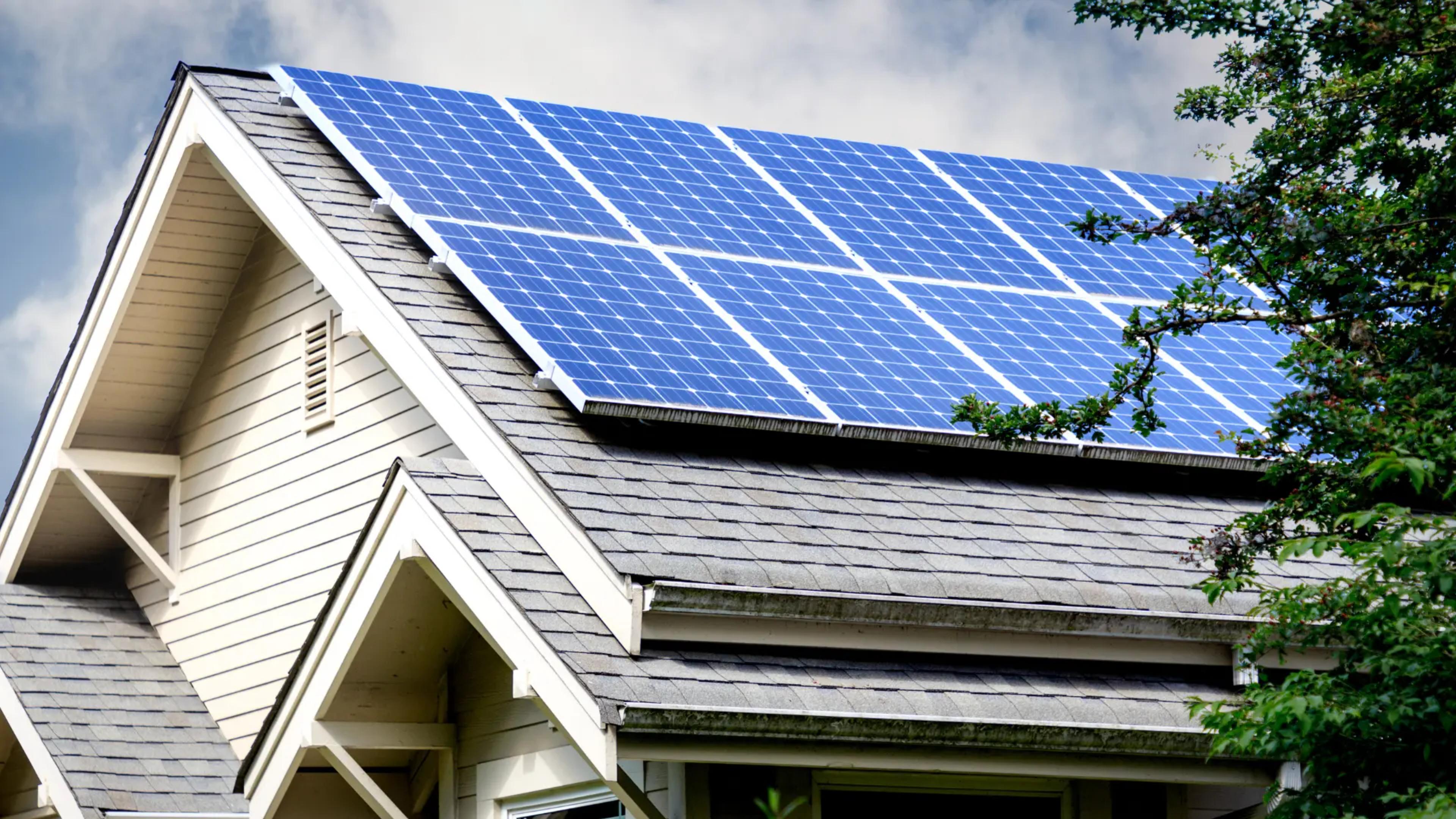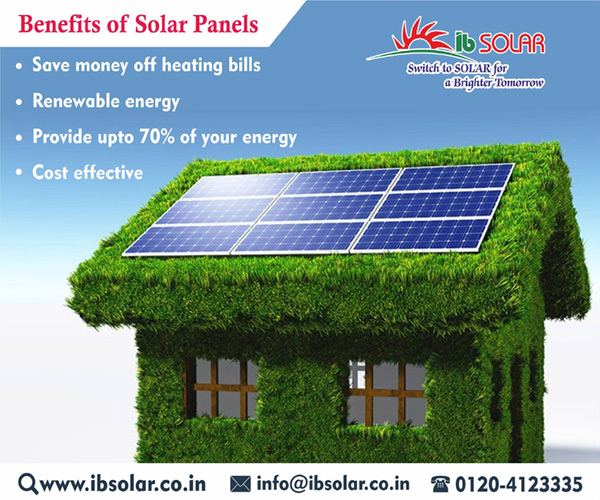Just How Solar Power Can Help You Conserve Cash and Lower Your Carbon Footprint
The combination of solar power right into your power profile provides a compelling chance for both monetary savings and ecological stewardship. As different government rewards come to be readily available, the concern develops: how can one successfully browse the initial investments and recurring advantages of solar modern technology to maximize both financial and ecological gains?
Comprehending Solar Energy Financial Savings
While the shift to solar power commonly includes a first financial investment, recognizing solar power financial savings is crucial for property owners and services alike. Solar power systems can dramatically reduce electricity costs by harnessing the sun's power, equating into significant long-term monetary advantages. By generating their own power, users lessen dependence on grid power, which undergoes rising and fall costs. These financial savings can gather gradually, commonly bring about a rapid return on financial investment.
Additionally, solar energy systems may qualify for different economic rewards, including tax obligation credit reports and discounts, better improving their cost-effectiveness. The schedule of internet metering enables customers to offer excess power back to the grid, producing an extra income stream. These factors add to the general financial savings connected with solar power.

In addition to guide financial savings, solar power supplies the included benefit of boosting property worth. Houses furnished with solar panels are typically much more attractive to buyers, as they assure reduced energy prices - Simply Solar Illinois. Comprehending these elements is essential for anybody taking into consideration solar energy, as it highlights not simply the potential monetary gains, but additionally the broader environmental and financial benefits of embracing eco-friendly energy options
Preliminary Costs vs. Long-Term Perks
When evaluating solar energy, it is vital to consider the first costs versus the long-lasting benefits. The ahead of time investment for photovoltaic panels, installation, and associated equipment can be considerable, often varying from $15,000 to $30,000, depending on the system size and home power needs. This initial expense may discourage some property owners; nevertheless, it is vital to think about the potential financial savings over time.
As soon as mounted, solar energy systems can substantially decrease or also eliminate monthly electrical power bills, causing considerable lasting monetary benefits. Researches suggest that homeowners can save anywhere from $10,000 to $30,000 over the lifespan of their solar system, usually 25 years. Additionally, many states offer incentives, tax obligation credits, and rebates that can counter preliminary expenses, making solar much more accessible.

Decreasing Your Carbon Impact
Decreasing your carbon impact is an essential factor to consider in today's environmentally conscious society, and embracing solar energy is just one of the most efficient methods to accomplish this objective. Solar energy is a tidy, renewable energy that significantly decreases dependence on fossil fuels, which are navigate to these guys significant factors to greenhouse gas emissions.

Additionally, the extensive adoption of solar technology motivates the advancement of eco-friendly tasks and sustains developments in power storage and performance. The more individuals and companies buy Go Here solar energy, the better the cumulative decrease in carbon discharges, promoting a cleaner atmosphere for future generations.
Federal Government Incentives and Rebates
Adopting solar power not just profits the atmosphere yet can also bring about considerable monetary savings, especially with the schedule of government motivations and discounts. Numerous government, state, and regional programs are designed to encourage house owners and companies to buy solar power systems, making the change a lot more economical.
One of the most famous motivations is the Federal Investment Tax Obligation Credit Report (ITC), which permits solar system proprietors to deduct a considerable percent of the installment costs from their government taxes. This motivation has actually been essential in minimizing the ahead of time expenses associated with solar power systems. In addition, several states supply their very own tax credits, gives, and discounts that can even more enhance savings.
Moreover, some city governments give residential property tax obligation exemptions for solar setups, guaranteeing that house owners do directory not face increased real estate tax as an outcome of their renewable resource financial investments. Utility companies may additionally use motivations, consisting of web metering and feed-in tariffs, which enable solar power users to offer excess power back to the grid.
Choosing the Right Planetary System
Selecting the appropriate planetary system is critical for optimizing energy efficiency and financial benefits. The decision depends upon numerous aspects, including energy demands, spending plan, and offered area. Home owners need to begin by evaluating their electrical power intake to establish the system size needed for optimum performance.
Next, take into consideration the various kinds of solar innovations offered. Simply Solar Illinois. Solar (PV) panels are one of the most usual, transforming sunshine straight right into electrical energy, while solar thermal systems concentrate on home heating water. Each kind has distinct advantages relying on private requirements
Budget considerations are additionally paramount. Initial installation expenses can vary significantly, so it's important to compare quotes from several providers and discover financing options. Government incentives and refunds can further lower the monetary problem, making planetary systems a lot more available.
Conclusion
In summary, solar power provides a viable solution for accomplishing substantial expense financial savings while concurrently minimizing carbon emissions. The initial investment, though considerable, yields considerable lasting financial advantages, with prospective cost savings ranging from $10,000 to $30,000 over 25 years. In addition, the environmental advantages of solar power add to sustainable practices important for combating environment adjustment. Federal government motivations enhance the usefulness of solar modern technology fostering, urging a change in the direction of a cleaner, a lot more financially effective power resource.